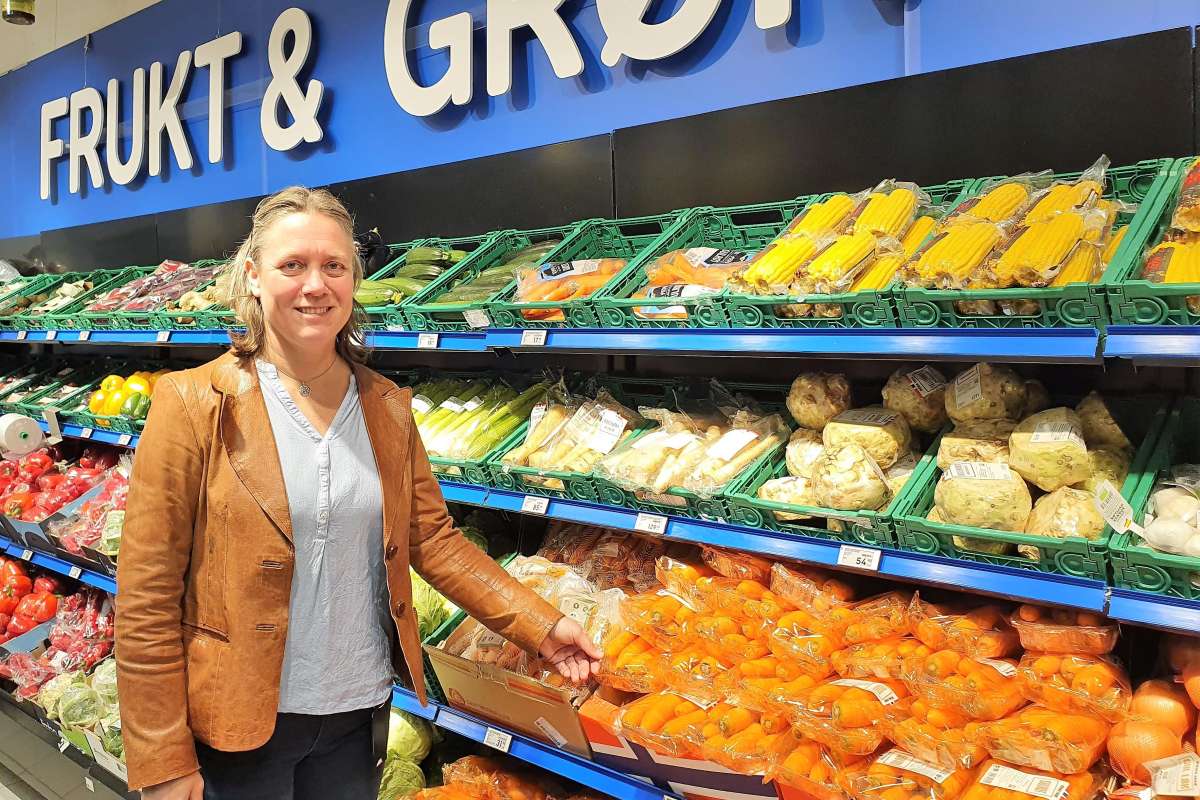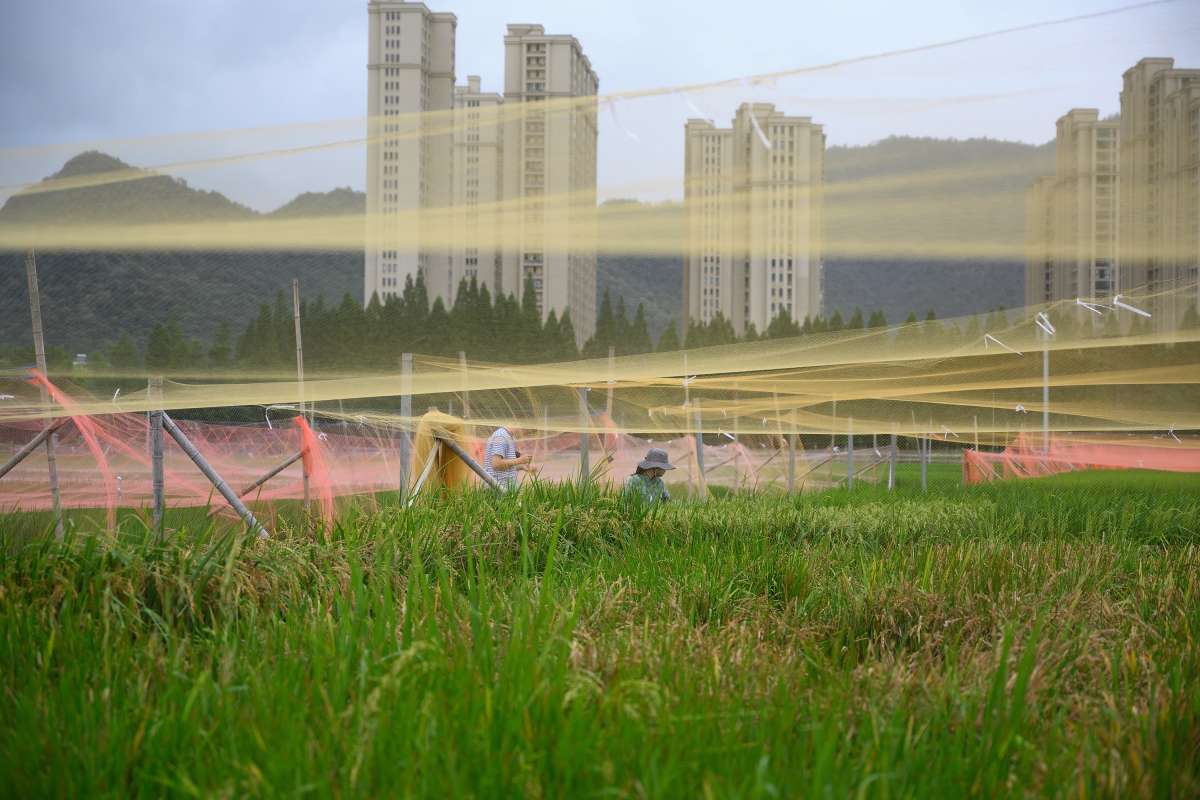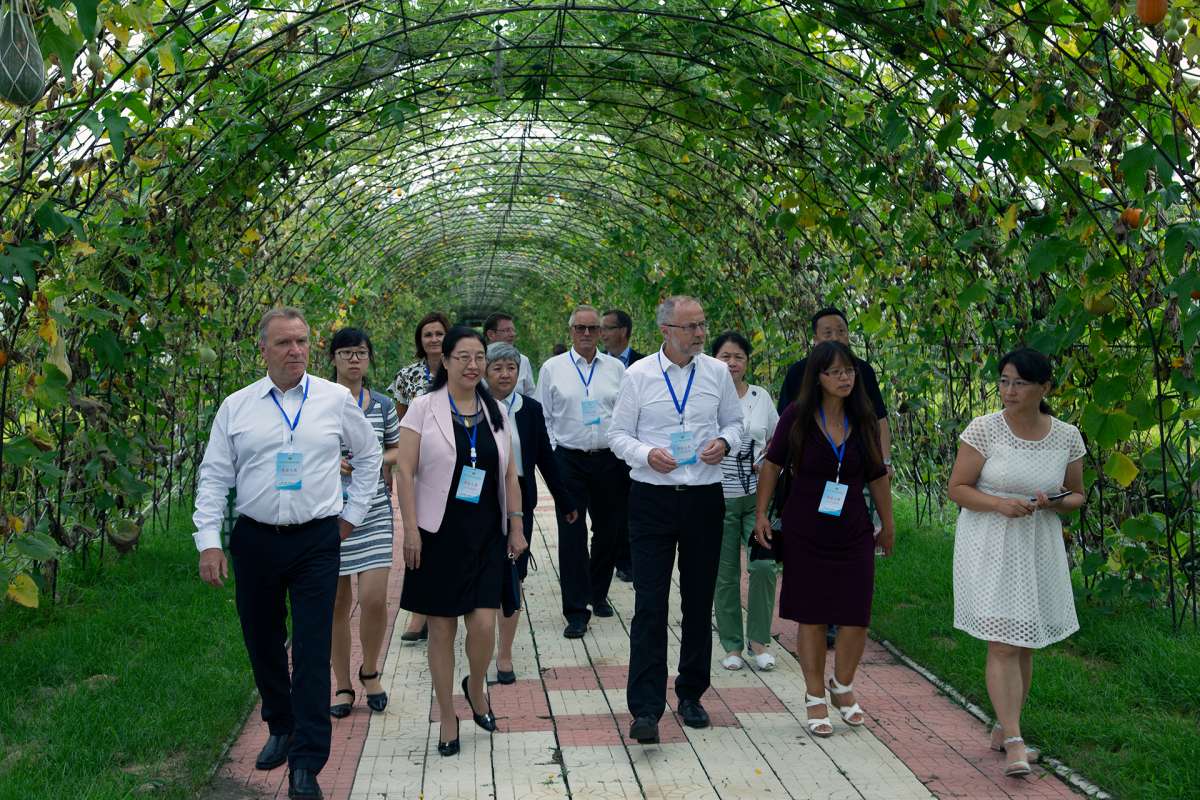Global collaboration on food security more important than ever
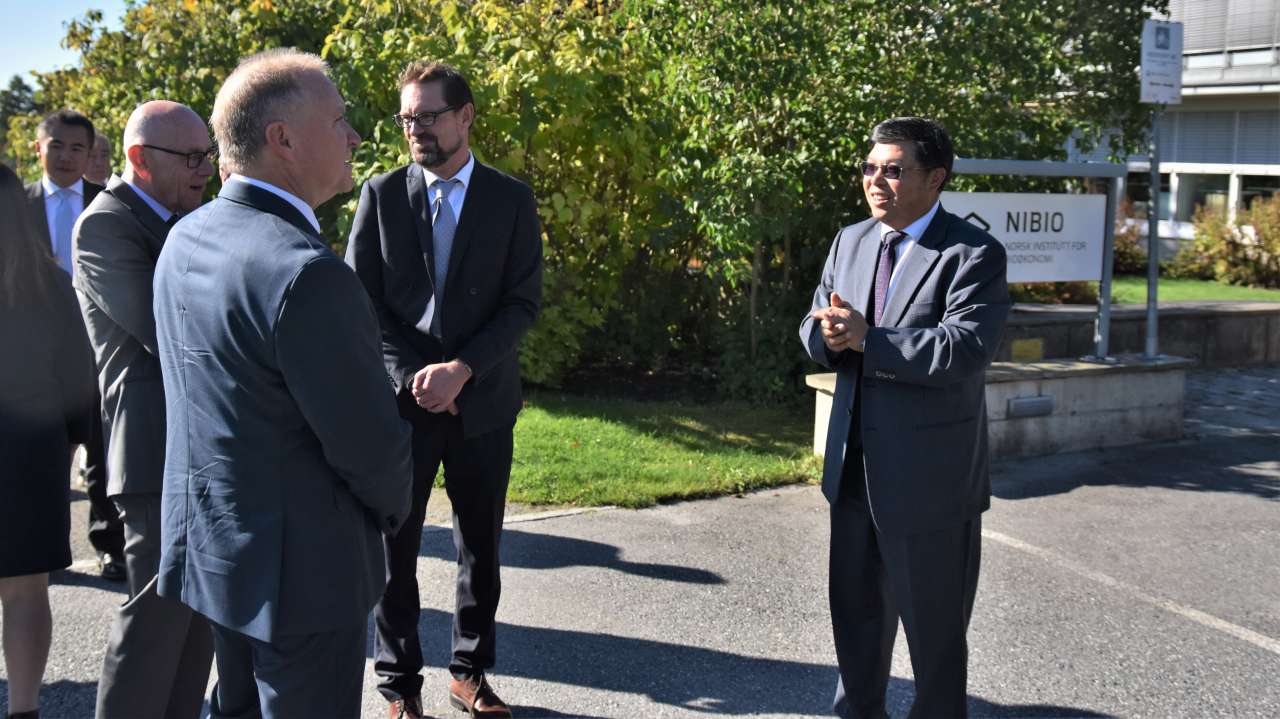
Nils Vagstad CEO for NIBIO and Chinese Ambassador to Norway, Yi Xianliang both highlighted how challenging food security is in the current conditions with war and pandemic, on top of climatic problems. Photo: Siri Elise Dybdal
International collaboration on innovative technologies for climate smart food production, is vital for global food security. This was the key message from the speakers at the annual Sinograin II conference.
This week, Chinese and Norwegian delegates came together for the annual Sinograin II conference in Ås. Sinograin II is a Chinese-Norwegian research project with scientists from NIBIO, the Chinese Academy for Agricultural Sciences (CAAS) and other Chinese partners. The goal is to use innovative technologies to improve food safety, productivity and sustainability in Chinese agriculture.
In his opening speech, the Chinese Ambassador to Norway, Yi Xianliang, emphasised the importance of collaboration across boarders for achieving food security in a turbulent world, as well technological innovation to support environmentally friendly food production and food safety in a changing climate.
– Food security is more important than any other issues for human beings. China needs the world, and the world needs China in order to secure food security, he underlined.
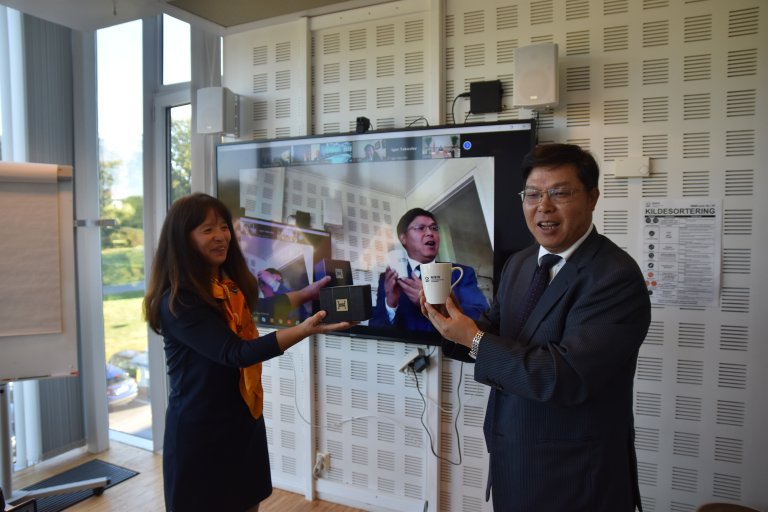
A global shift is key
The global demand for food is growing while arable land is declining. The UN predicts that the global food demand will increase by 60% by 2050. However, only 20% of new food production is expected to come from expansion of new farming land.
A key to meeting the growing food demand will be a global shift towards more sustainable agricultural systems that reduce environmental footprints at the same time as increasing food production.
Nils Vagstad, NIBIO’s Director General, held the first speech at the Sinograin II conference. Like Ambassador Yi, Vagstad highlighted how challenging food security is in the current conditions with war and pandemic, on top of climatic problems:
– You do not need to be a wiseman or a fortune teller to say or predict that we – the world – will be facing a future that might become quite different from the past decades. A future more unforeseeable, unpredictable, and with greater instability. This has the potential of affecting livelihood of many people in many ways, Vagstad told the delegates.
Vagstad pointed to the dramatic flood situation in Pakistan, and severe droughts this summer in China, California and Southern Europe as examples of such unpredictable events:
– It is the life of millions if not to say billions, of ordinary people that are at stake. These challenges are so fundamental to mankind that no one can solve it alone. They call for a widespread global cooperation across borders - that being scientific, cultural, historical or national borders.
New technologies have great environmental impacts
China has increased food production extensively in recent decades, feeding 20% of the world population with less than 10% of the arable land. However, this achievement has mainly been due to the intensive use of chemical inputs like fertilizers and pesticides, which in turn has caused environmental pollution and food safety issues.
Today, China is fully committed to turning the situation around to protect the environment and develop a sustainable and climate smart agricultural production.
In Sinograin II, NIBIO and CAAS are working on introducing technologies that encourage precision farming and reduction of fertilizer and pesticide applications. These technologies have proven to have great environmental and economic benefits in agricultural production in Norway.
Various technologies such as precision agriculture, robotics, disease and pest surveillance system, food safety technologies and Smart Digital tools, have been tested and implemented in the project.
Long history of scientific collaboration
Tom Knappskog, Minister Counsellor, and Knut Arild Thonstad, Development Counsellor of Royal Norwegian Embassy in Beijing, China, which funds the project, also spoke to the delegates from Beijing.
Knapskog said he was truly impressed by the Sinograin II collaboration and highlighted that China is now more and more concerned with the environment and sustainable development.
– China attaches great importance to domestic food and agricultural production, and makes continuous contributions to maintain global food security, Thonstad added.
Today, NIBIO and CAAS can look back at almost 20 years of cooperation, which also has been a platform towards different universities and academies, in particular HAAS. However, the pandemic has proved challenging for the scientists in the project, and flexible solutions to carry out the research have been implemented:
– It is very good that we can continue our important project cooperation although the Covid situation has put a lot of practical constrains into it for more than 2,5 years, Vagstad commented.
– Bearing in mind the situation we have been exposed to, I think we can be quite satisfied with the progress, he added.
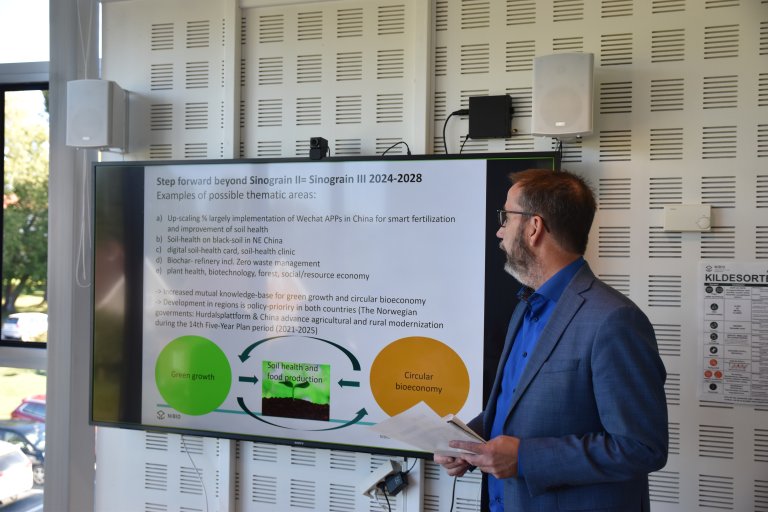
Per Stålnacke, director of research at NIBIO, stressed that to achieve the most impact from such a scientific collaboration, you need to continue long-term. CAAS and NIBIO therefore hope to follow up the collaboration once Sinograin II is completed in September 2023:
– We hope to see a Sinograin III 2024-2028, Stålnacke said.
Possible thematic areas would be upscaling the implementation of Wechat APPs in China for smart fertilization and improvement of soil health. Moreover, the scientists would like to work with soil-health on black-soil in North-East China, digital soil-health card and a soil-health clinic, a biochar-refinery including zero waste management, and work on plant health, biotechnology, forest, as well as social/resource economy.
– We also hope for increased mutual knowledgebase for green growth and circular bioeconomy, Stålnacke concluded.
KONTAKTPERSON
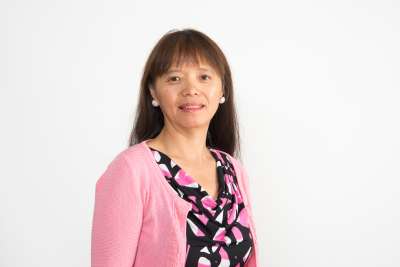
Sinograin II annual conference in Ås
Sinograin II is a Chinese-Norwegian research project with scientists from NIBIO, the Chinese Academy for Agricultural Sciences (CAAS) and other Chinese partners
Main speakers on the conference was the Chinese Ambassador to Norway, Yi Xiangling, Nils Vagstad, NIBIO’s Director General, and Per Stålnacke, director of research at NIBIO.
Other speakers at the conference included Vice President Sun of the Chinese academy of Agricultural sciences, President Liu of The Heilongjiang Academy of agricultural Science, Mr Knapskog – Minister counselor of the Royal Norwegian Embassy in Beijing, Svein Sæther – former Norwegian ambassador to China and Dr Gong - Counselor of Chinese Mission to WTO – in Geneva.
On the second day of the conference, delegates visited NIBIO’s research station at Apelsvoll to learn more about agricultural precision technology from scientists and technicians working with these topics.
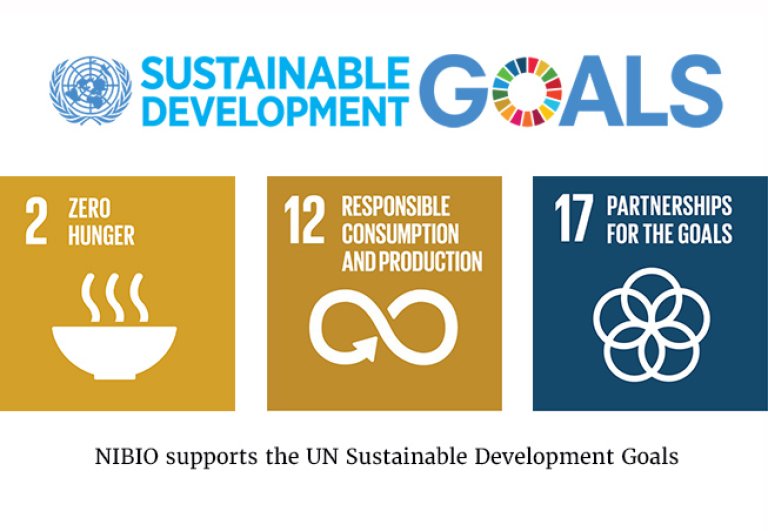
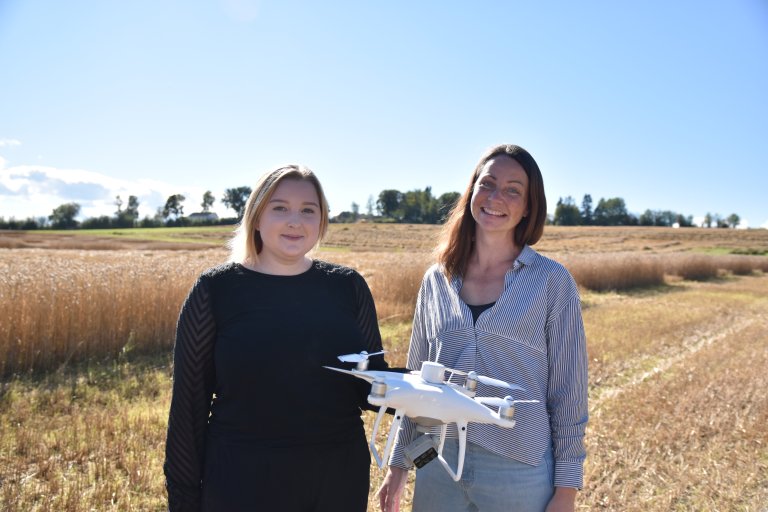
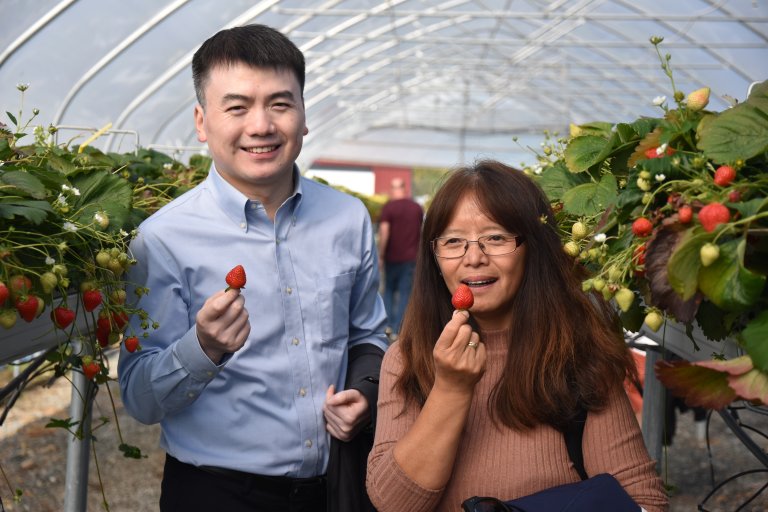
Center for Precision Agriculture, NIBIO Apelsvoll
Precision agriculture has in recent years become an important research area at NIBIO Apelsvoll. The Centre for Precision Agriculture was established here in 2016. Its aim is to increase the utilisation of climate smart advanced precision agricultural technologies to achieve a high crop production with minimum GHG emission and mitigation of climate change.
The station has advanced equipment such as helicopter drones and micro-aircraft for carrying cameras and sensors, as well as tractor-mounted GPS-equipment used for example for automatically steered sowing, spraying and row weeding. The development of robots and self-propelled electric tractors for minimising soil compaction is under way, including their coupling to the solar panel facility for battery charging.
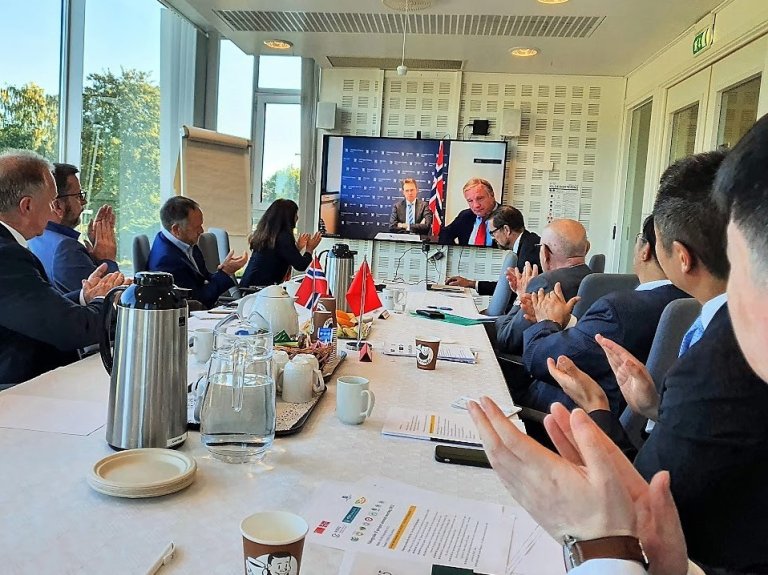
KONTAKTPERSON

Tekst frå www.nibio.no kan brukast med tilvising til opphavskjelda. Bilete på www.nibio.no kan ikkje brukast utan samtykke frå kommunikasjonseininga. NIBIO har ikkje ansvar for innhald på eksterne nettstader som det er lenka til.
Prosjekter
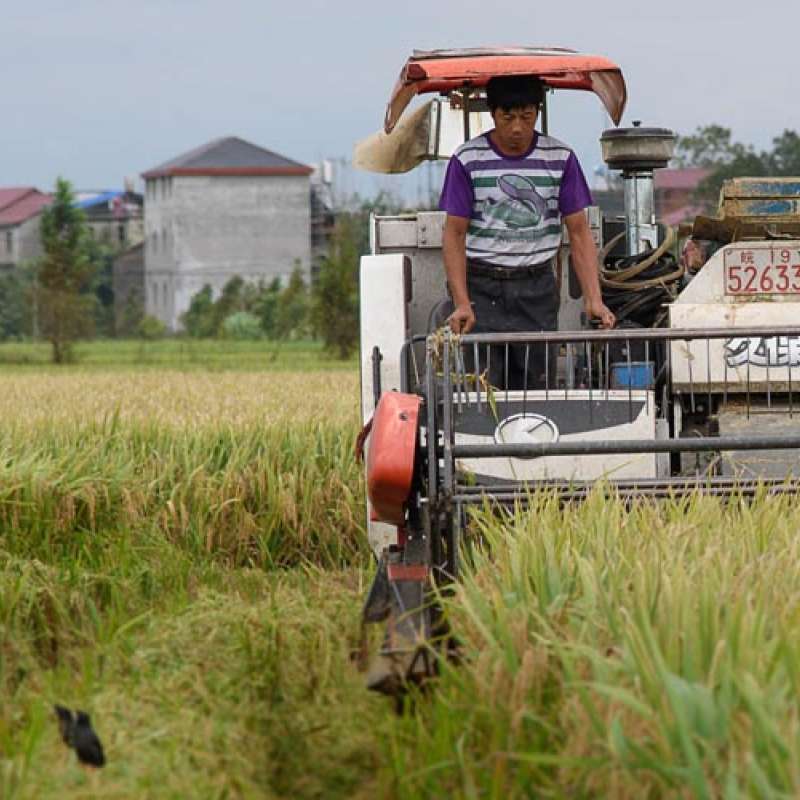
Divisjon for bioteknologi og plantehelse
SINOGRAIN
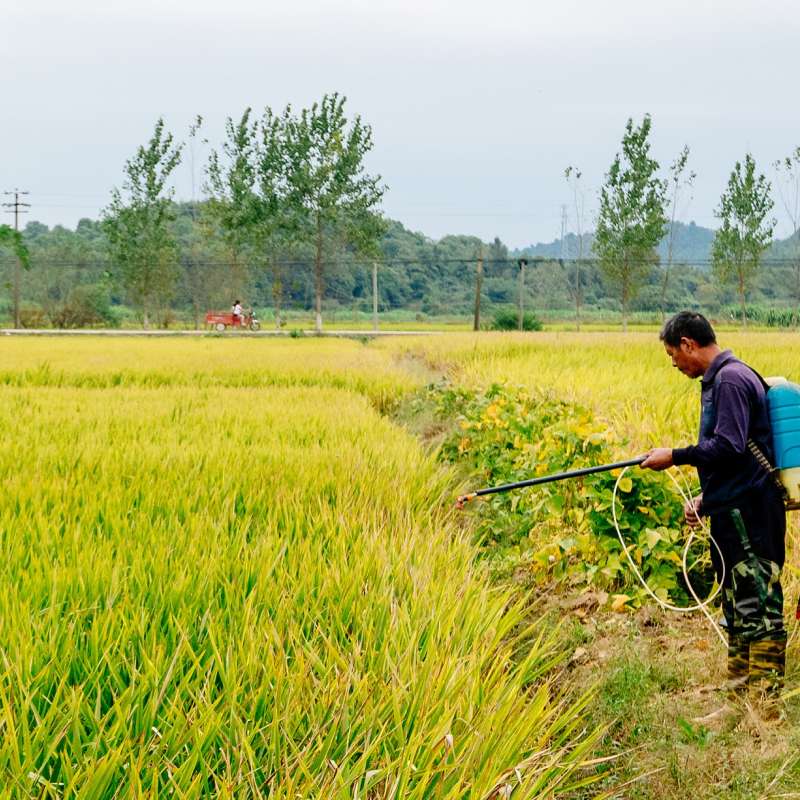
Divisjon for miljø og naturressurser
SINOGRAIN II
Scientists from NIBIO and CAAS are working together using innovative technologies in order to improve productivity, food safety and sustainability in Chinese agriculture.

